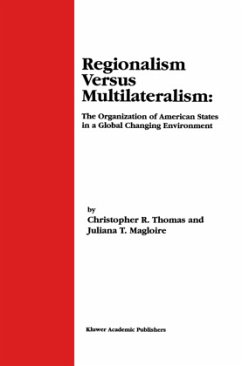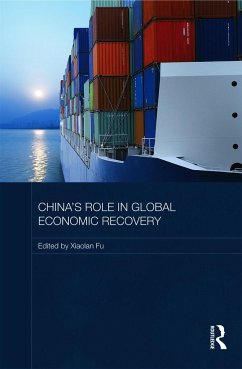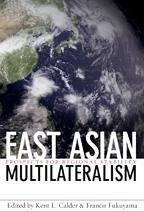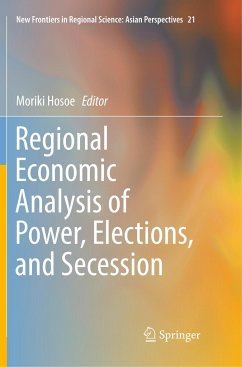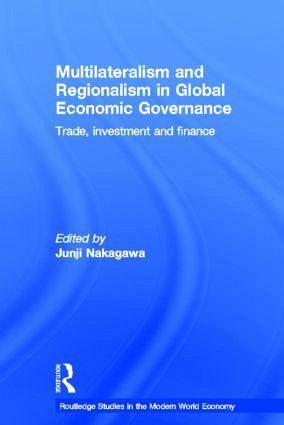
Multilateralism and Regionalism in Global Economic Governance
Trade, Investment and Finance
Herausgeber: Nakagawa, Junji
Versandkostenfrei!
Versandfertig in 1-2 Wochen
195,99 €
inkl. MwSt.
Weitere Ausgaben:

PAYBACK Punkte
98 °P sammeln!
The book deals with the better governance of trade, investment and finance in Asia. It provides readers with clear and broad ideas as to what opportunities and challenges Asia is facing in the governance of trade, investment and finance in the region as well as globally which has so far been almost inexistent both in academia and in practice.




